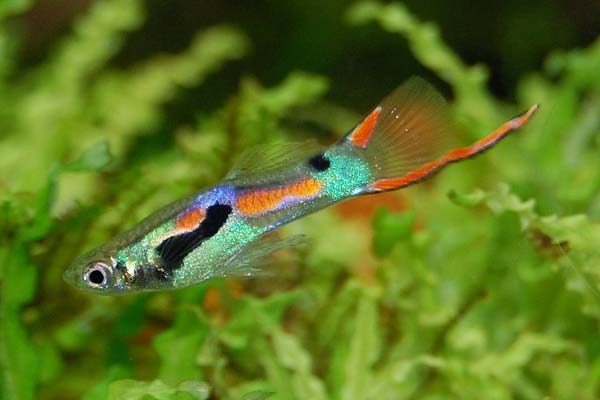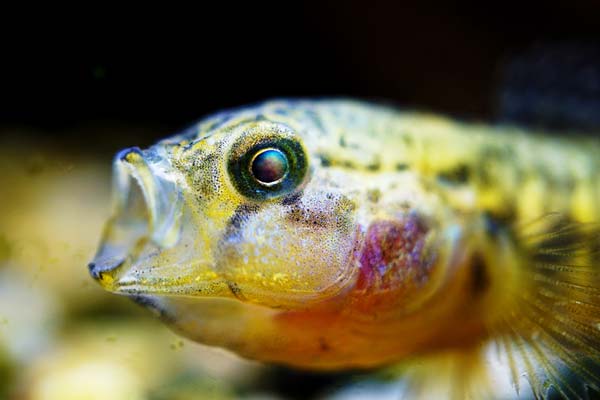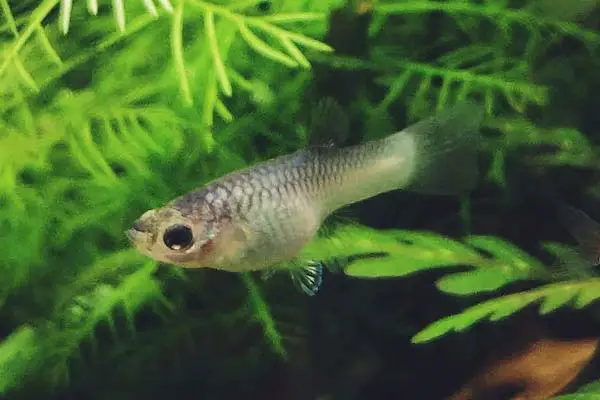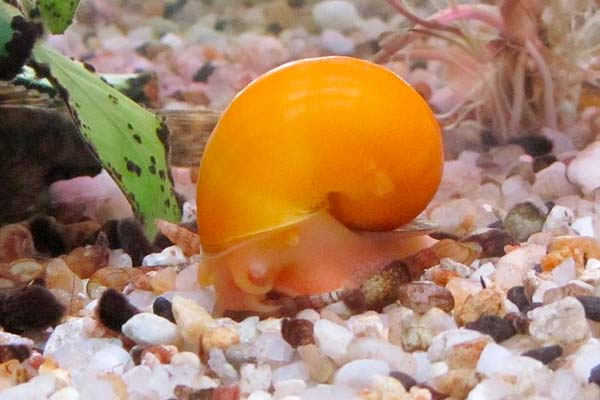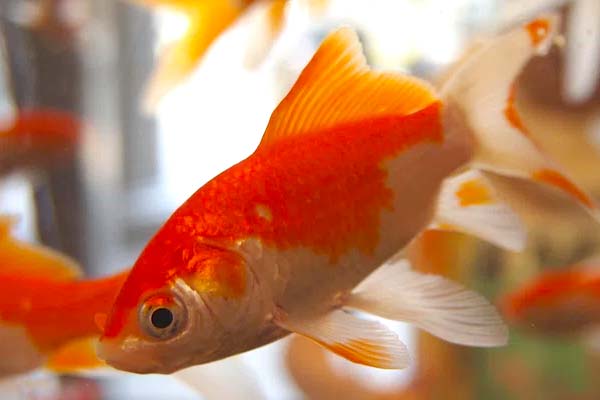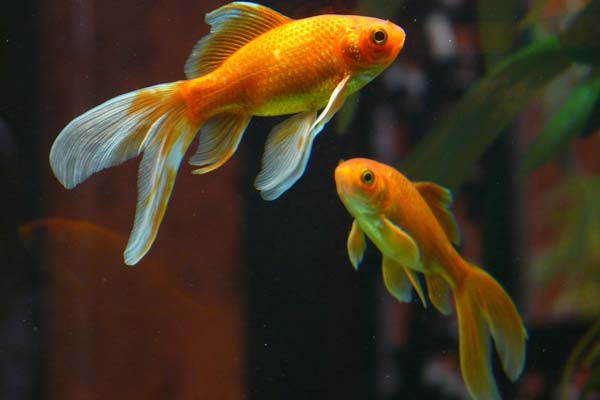Do Guppies Need a Heater? A Guide to Providing Optimal Temperature for Your Fish
Guppies are a famous freshwater fish species often kept in aquariums. One of the most common questions new guppy owners have is whether or not their fish need a heater. The answer is yes; guppies need a heater to maintain a healthy and stable environment in their tank.
Factors influencing guppy heating include the size of the tank, the temperature of the room where the tank is located, and the number of fish in the tank. Benefits of heating for guppies include increased activity and energy, improved immune system function, and reduced stress and disease risk.
However, not all guppies require heaters, as some may be able to survive in water temperatures that are slightly cooler than their ideal range.
Key Takeaways
- Guppies need a heater to maintain a stable and healthy environment in their tank.
- Factors influencing guppy heating include tank size, room temperature, and number of fish.
- Benefits of heating for guppies include increased activity and energy, improved immune system function, and reduced stress and disease risk.
Factors Influencing Guppy Heating
Maintaining the right temperature in the tank is crucial for their health and well-being when keeping guppies. Here are some factors that influence the heating needs of guppies.
Natural Habitat
Guppies are tropical fish that come from the warm waters of South America. In the wild, they thrive in temperatures between 72°F and 82°F. Therefore, their tanks should be heated to a similar temperature range to keep them healthy and happy in captivity.
Tank Size
The size of the tank affects the heating requirements for guppies. A more robust heater is needed to keep the temperature stable if the tank is larger.
Conversely, a smaller tank will need a less powerful heater. It is vital to choose a heater that is appropriate for the size of the tank to ensure that the temperature remains stable.
Temperature Fluctuations
Temperature fluctuations can be detrimental to the health of guppies. Rapid temperature changes can cause stress and weaken their immune system, making them more susceptible to diseases. For this reason, it is crucial to use a dependable heater to ensure a stable temperature in the tank.
Tank Inhabitants
The other inhabitants of the tank can also influence the heating needs of guppies. For example, if the tank contains other tropical fish with similar temperature requirements, the heating needs of the guppies will be similar. However, if the tank includes fish that prefer cooler water, such as goldfish, the heating needs of the guppies will be different.
Benefits of Heating for Guppies
Guppies are tropical fish that require specific water temperatures to thrive. Heating is essential for maintaining the optimal temperature range for guppies. There are several benefits of heating for guppies, including optimal growth, reproduction, stress reduction, and an enhanced immune system.
Optimal Growth
Guppies require a stable and warm environment to grow and develop. Heating the tank water helps to maintain the optimal temperature range, which is between 72-82°F.
This temperature range provides an ideal environment for guppies to grow and develop healthily. The water temperature can fluctuate without heating, negatively impacting guppies’ growth and development.
Reproduction
Guppies are prolific breeders, and heating is essential for their reproductive success. The ideal temperature for breeding is between 76-82°F. Heating the water to this temperature range helps to stimulate breeding behavior and increase the chances of successful breeding. It also helps to ensure the survival of the fry, as they require a warm environment to grow and develop.
Stress Reduction
Guppies are sensitive to changes in their environment, and fluctuations in water temperature can cause stress. Heating the water helps to maintain a stable environment, which reduces stress levels in guppies. This, in turn, helps to prevent disease and other health issues that can arise from stress.
Enhanced Immune System
Heating the water enhances the immune system of guppies. A stable and warm environment promotes healthy bacterial growth, preventing the growth of harmful bacteria that cause disease. This helps keep guppies healthy and thriving.
Do All Guppies Need Heaters?
While it is true that guppies are tropical fish and prefer warmer water temperatures, not all guppies require heaters, here are some factors to consider:
Guppies with Specific Temperature Requirements
Some guppy breeds, such as the Endler’s Livebearer, can tolerate cooler water temperatures than other guppies. These guppies may not require a heater if the ambient room temperature is warm enough.
Guppies in Colder Regions
Guppies living in colder regions may require a heater to maintain a consistent water temperature. In-home tanks without a heater, the temperature may fluctuate significantly due to changes in the surrounding environment. If the ambient room temperature falls below 76°F/24°C, the likelihood that guppies will get cold and sick increases dramatically.
It is important to note that while some guppies may not require a heater, it is always best to monitor the water temperature and make adjustments as necessary. Inconsistent water temperature can lead to stress and illness in guppies.
Temperature Range for Guppies
Guppies are tropical fish that need specific water temperatures to thrive. This section will discuss the ideal temperature range for guppies and the temperature extremes to avoid.
Ideal Range
Guppies prefer a temperature range of 72°F to 82°F, as they are tropical fish that thrive in warm water. Originating from South American rivers and lakes with warm water, maintaining the appropriate temperature range in the tank is vital for guppies’ overall health and well-being.
Temperature Extremes to Avoid
It is essential to avoid temperature extremes in the guppy tank. Here are the temperature extremes to avoid:
Temperature Too Low: Guppies can tolerate temperatures as low as 70°F. However, keeping them at such a temperature for a long time is not recommended. When the temperature drops below the ideal range, it can cause stress, sickness, and even death among guppies. The minimum temperature their tank should have is 68°F (20°C).
Temperature Too High: Guppies can tolerate temperatures up to 84°F. However, temperatures exceeding the ideal range can lead to stress, illness, and even death. Monitoring the temperature regularly and ensuring it does not exceed the ideal range is essential.
Choosing the Right Heater
When choosing the right heater for your guppy tank, there are a few factors to consider. Here are some key things to keep in mind:
Wattage Based on Tank Size
The wattage of your heater will depend on the size of your tank. As a general rule of thumb, you’ll need around 5 watts of power for every gallon of water in your tank. So, for example, if you have a 10-gallon tank, you’ll want a heater with at least 50 watts of power.
However, it’s important to note that this is just a guideline. The actual wattage you need may vary depending on factors like the ambient temperature of the room and the type of heater you choose. Be sure to read the manufacturer’s recommendations and follow them closely.
Reliable and Adjustable Temperature Control
Another important factor to consider is the temperature control’s reliability and adjustability. You’ll want a heater that can maintain a consistent temperature within a narrow range, ideally between 72-78°F. Look for a heater with a reliable thermostat and automatic shut-off feature to prevent overheating.
In addition, it’s helpful to choose a heater with adjustable temperature settings. This allows you to fine-tune the temperature to meet the specific needs of your guppies. Some heaters even come with digital displays that show the current temperature and will enable you to set precise temperature ranges.
Heater Placement and Maintenance
Proper Positioning
Proper placement of the aquarium heater is crucial to ensure accurate temperature control. The heater should be placed in an area of the tank where water circulation is high to distribute heat evenly. This will prevent any cold spots from forming in the tank, which can lead to temperature fluctuations and stress for your guppies.
It is recommended to place the heater near the filter outlet or the water pump to ensure proper water circulation. Also, ensure the heater is fully submerged in water to prevent it from overheating and malfunctioning.
Regular Maintenance
A backup heater is essential in case of malfunctions or failures, even with proper maintenance.
Regularly check the heater’s temperature using a thermometer to ensure accuracy. Recalibrate or replace the heater if the temperature is incorrect.
Clean the heater regularly to prevent algae or debris buildup. Use a soft brush or cloth for gentle cleaning, avoiding harsh chemicals that could damage the heater.
Alternative Heating Methods
While a heater is the most common way to regulate the temperature in a guppy tank, alternative methods are available.
Room Temperature Considerations
If the room temperature is consistently warm, using a heater may not be necessary. However, ensuring that the water temperature stays within the ideal range for guppies between 75-82°F (24-28°C) is crucial. It is recommended to use a thermometer to monitor the temperature regularly.
Other Heating Devices
Other devices can be used to heat a guppy tank, such as heat lamps and heat mats. However, ensuring that the device is safe to use with an aquarium and does not overheat the water is crucial.
Heat lamps can warm up the air around the tank, warming up the water. However, this method can be less effective in smaller tanks and may not provide consistent temperature regulation.
Heat mats can be placed under the tank to warm up the water. It is crucial to choose a mat designed for aquarium use and follow the manufacturer’s instructions carefully.
It is important to note that while alternative heating methods may be effective, a heater is still the most reliable and consistent way to regulate the temperature in a guppy tank.
Conclusion
Guppy owners must provide their fish with a heater in their aquarium. Guppies are tropical fish that need warm water to thrive, and a heater helps maintain the optimal temperature range for their health. Guppies can become lethargic, stressed, and prone to diseases without a heater, leading to a shorter lifespan.
The ideal temperature range for guppies is 74-82 degrees Fahrenheit. A submersible or hang-on heater can help maintain a stable temperature. The heater’s wattage depends on the tank size, with a general rule of 5 watts per gallon of water volume.
Regularly monitoring the water temperature and having a backup heater are crucial to prevent harmful temperature fluctuations. Guppies are more prone to illnesses and infections when exposed to sudden changes in temperature, as it weakens their immune system.
In addition to a heater, a filter, and proper water parameters are vital for guppy health. Slowly acclimating new fish to the tank’s temperature helps prevent temperature shock.
Providing a suitable heater and maintaining a stable temperature is essential for the well-being and longevity of guppies in an aquarium.

